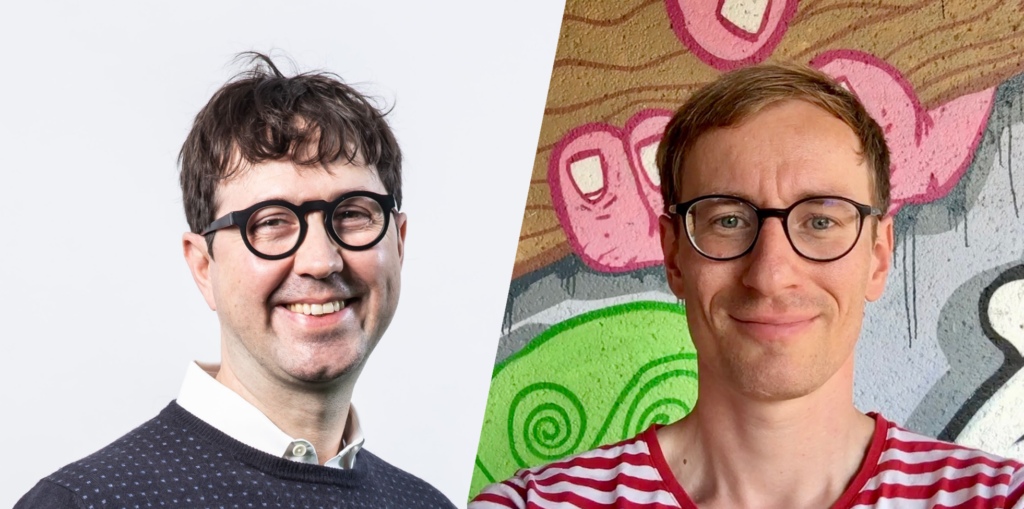
Please join us for the next School of Computer Science seminar co-hosted by the Digital Wellbeing Lab.
“If All You Have is a Hammer”: Designing Digitally Augmented Physical Tools
Associate Professor Andrea Bianchi,
KAIST, South Korea
Abstract:
Since the dawn of mankind, the history of the human race is reflected in the history of their tools and their usage. Many of these tools provide augmentation to our physical capabilities: power tools increase the body’s strength, bikes increase locomotion efficiency, and glasses and microscopes increase vision and the human ability to explore the world. However, more interestingly, tools also shape the way we think. It is known that “if all you have is a hammer, everything looks like a nail” (Maslow’s hammer), and to some extent, this is true for any type of tool, as they unconsciously reshape our perception of reality, our consciousness, and our understanding of how to interact with the world surrounding. In this presentation, I show examples of digitally augmented physical tools that shape our perception of reality and give us new perspectives on how to design for supporting prototyping as an exploration activity, and virtual-physical interactions.
Bio:
Andrea Bianchi is an Associate Professor in the Department of Industrial Design, an Adjunct Professor in the School of Computing, and the director of the Make lab (make.kaist.ac.kr) at KAIST, in South Korea. He researches in the field of Human-Computer Interaction (HCI) focusing on building tools for prototyping interactive systems, and hardware devices for body augmentation in Mixed Reality. Before joining KAIST, he worked at Sungkyunkwan University (Korea) as a faculty member in the Department of Computer Science, and as a video game programmer for a New York startup. Andrea has published in major venues, including ACM CHI, UIST, and IMWUT, and his work has been recognized with multiple Best Paper Awards and Design Awards. His work has also been covered in the news by Engadget, ZDNet, New Scientist, MAKE, and Gizmodo among others. Andrea received a Ph.D. from KAIST (Korea) in 2012, and his Masters from New York University in 2007.
Your Mother Is Watching Your Humidity Values: On The Paradoxes Of Co-Designing Domestic Smart Things
Professor Arne Berger,
Anhalt University of Applied Sciences
Abstract:
I will report on findings from a series of co-design workshops aimed at supporting participants in creating future smart objects for the domestic realm. Synthesizing and interpreting findings from a large number of participatory design workshops conducted over four years, I illustrate how the workshops supported co-designers in creatively ideating concepts for emotionally valuable smart objects, while, at the same time, consistently enabling design scenarios with evil consequences for the people they shared a domestic sphere with. Drawing on the notion of “idiosyncratic ideation“, I will show how the workshops supported co-designers in creatively ideating concepts for emotionally valuable smart objects that better connect personal inputs with the output of smart objects. Using “questionable values” as a reflective lens, I will show, how participants also created and used design scenarios that violate principles of responsible smart home design. Taking both concepts as points of departure I will discuss how to attend to and utilize questionable values in design while supporting idiosyncratic ideation.
Bio:
Details:
| Location: | QUT Gardens Point Campus, D Block, Room D106 [link to map] |
| Start Date: | 07/02/2024 [add to calendar] |
| Start Time: | 2 pm |
| End Date: | 07/02/2024 |
| End Time: | 3 pm |
| RSVP By: | Thursday 1st of February 2024 |
| Organiser: | School of Computer Science and Digital Wellbeing Lab |